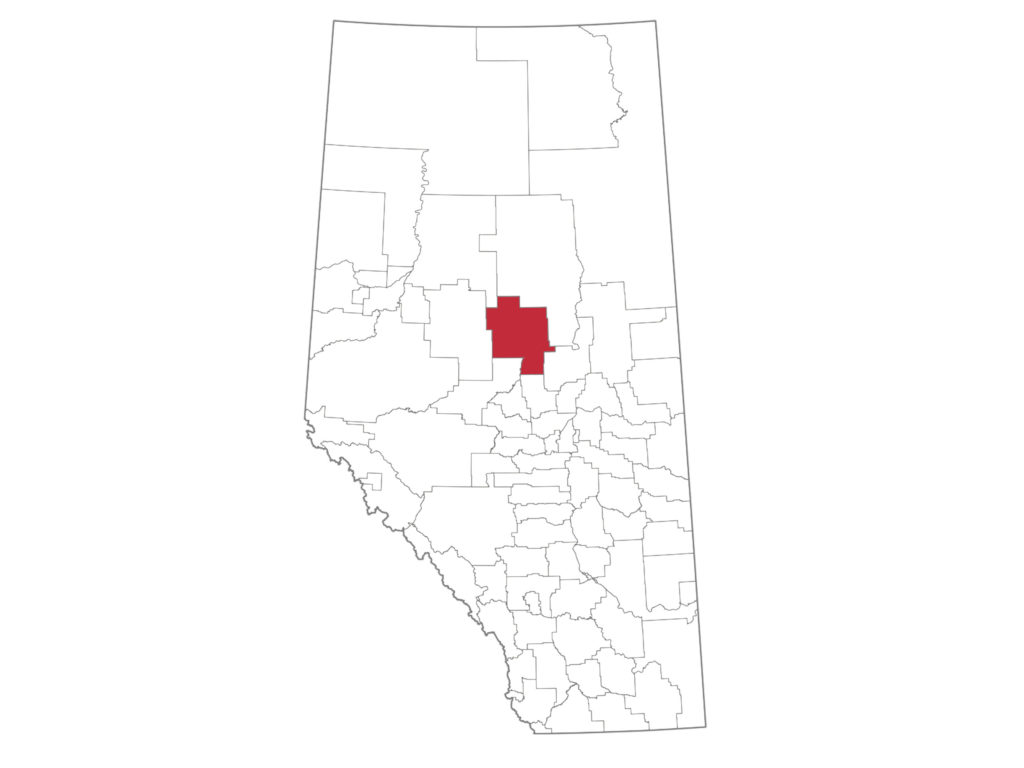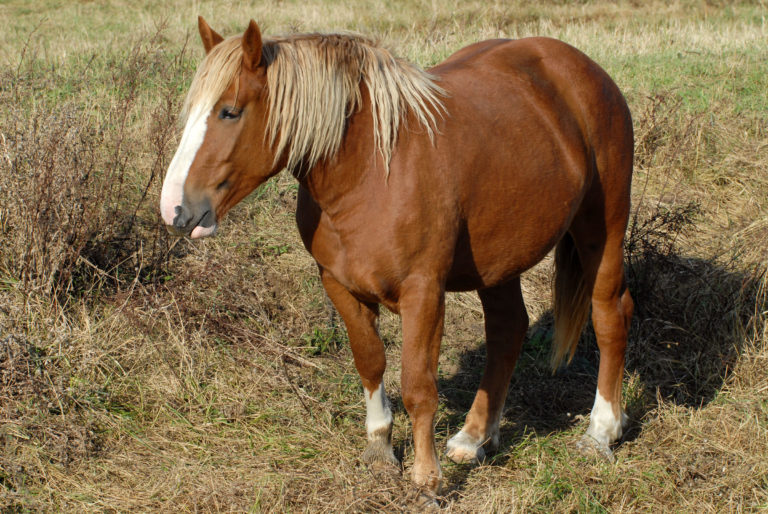
On May 25, the Canadian Animal Health Surveillance System reported one horse tested positive for positive equine infectious anemia (EIA) in Lesser Slave River No. 124, Alberta, as confirmed by the Canadian Food Inspection Agency’s (CFIA) national reference laboratory. The horse was tested at the owner’s request after having potential exposure to EIA and displaying clinical signs of the disease. The horse had recently been involved in pony chuckwagon activities.
An official quarantine has been placed on the infected horse and other equids on the property. The CFIA has recommended follow-up testing and euthanasia of positive cases and will monitor the situation to determine when the quarantine can be lifted. Biosecurity measures are strongly recommended, and the CFIA might take additional action at other properties where horses might have been exposed during pony chuckwagon activities.
EDCC Health Watch is an Equine Network marketing program that utilizes information from the Equine Disease Communication Center (EDCC) to create and disseminate verified equine disease reports. The EDCC is an independent nonprofit organization that is supported by industry donations in order to provide open access to infectious disease information.
About EIA
Equine infectious anemia is a viral disease that attacks horses’ immune systems. The virus is transmitted through the exchange of body fluids from an infected to an uninfected animal, often by blood-feeding insects such as horseflies. It can also be transmitted through the use of blood-contaminated instruments or needles.
A Coggins test screens horses’ blood for antibodies that are indicative of the presence of the EIA virus. Most U.S. states require horses to have proof of a negative Coggins test to travel across state lines.
Once an animal is infected with EIA, it is infected for life and can be a reservoir for the spread of disease. Not all horses show signs of disease, but those that do can exhibit:
- Progressive body condition loss;
- Muscle weakness;
- Poor stamina;
- Fever;
- Depression; and
- Anemia.
EIA has no vaccine and no cure. A horse diagnosed with the disease dies, is euthanized, or must be placed under extremely strict quarantine conditions (at least 200 yards away from unaffected equids) for the rest of his life.










